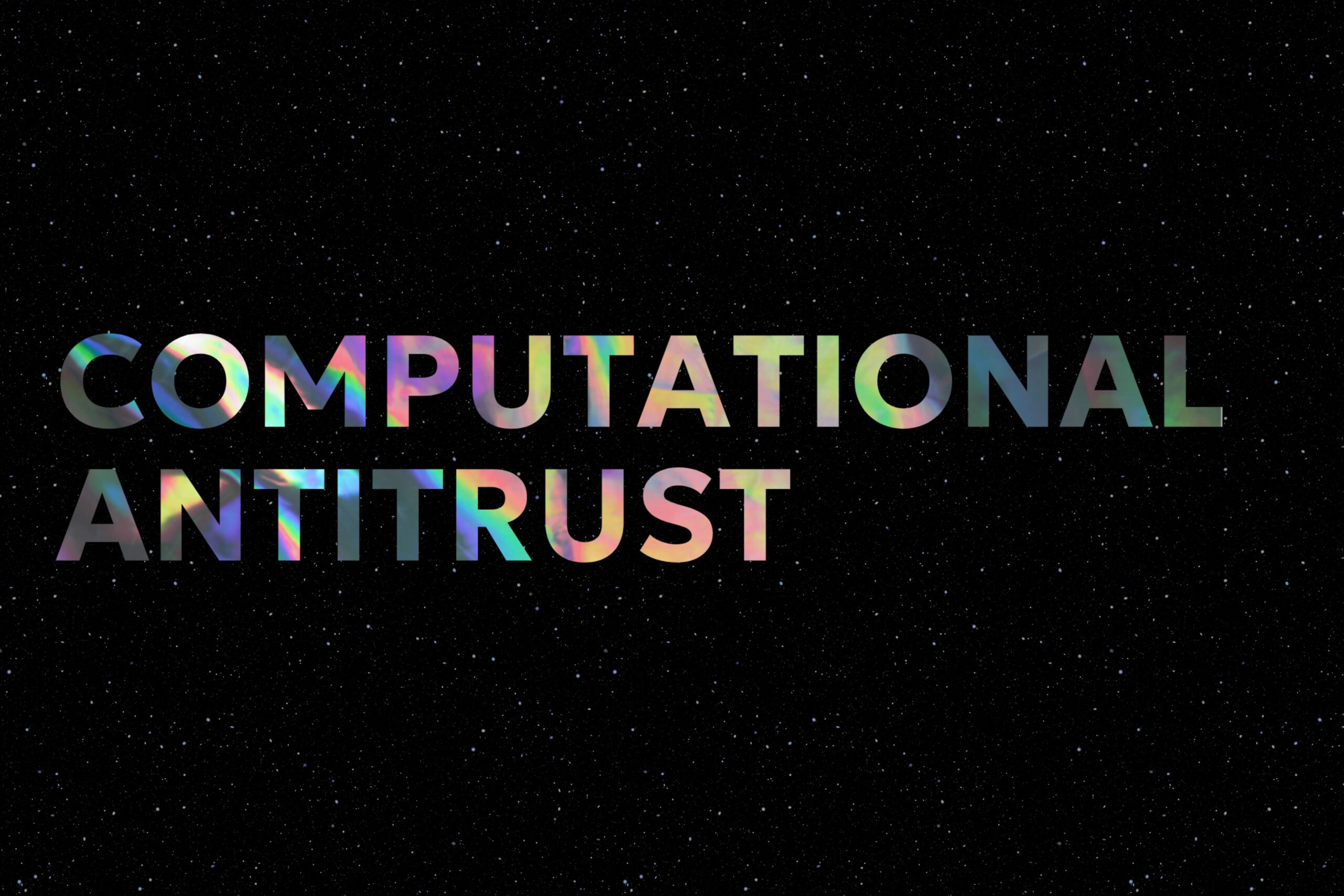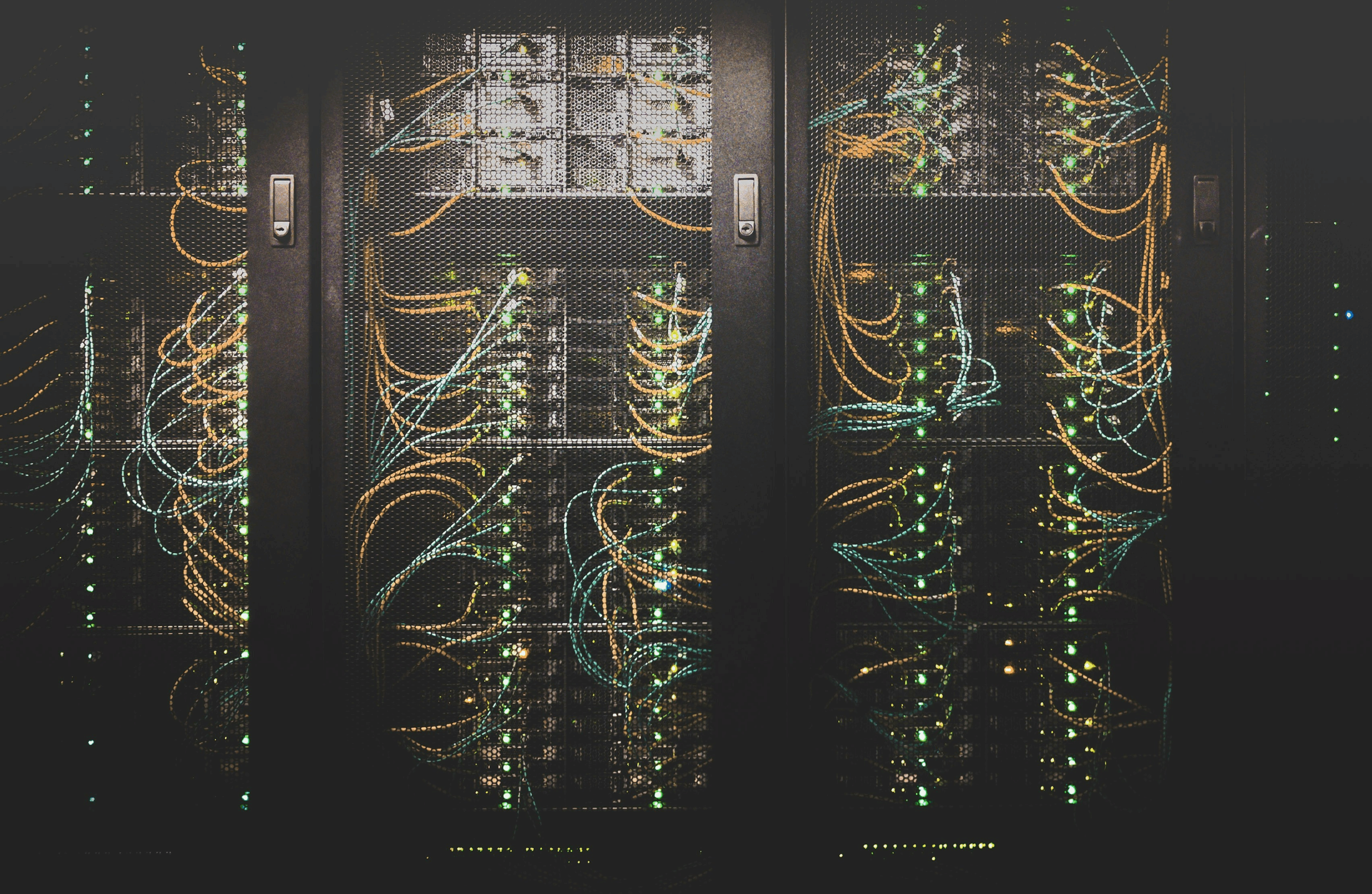AI is a rapidly evolving technology that will have an increasing, and possibly overwhelming, impact on consumers, markets, and the economy. Antitrust regulators should monitor AI’s impact on markets and consider whether, and how, to take action to protect consumers and competition. For example, the AI-based systems of self-driving cars, which are now being tested on public roads, could eventually provide consumers with significant benefits, such as saving lives and reducing traffic. But these systems also have the potential to raise significant regulatory challenges, for example by eliminating the need for drivers, which could lead to less competition in the car market.
What are the economic implications of AI?
AI could have a significant economic impact. For example, while AI will likely lead to job losses in some sectors, it could lead to job gains in others. Also, AI will likely lead to a “hollowing out” of the labor market, where jobs become increasingly concentrated in higher-skilled areas. The economic impact of AI will also depend on the extent to which AI-driven innovation leads to a decline in the prices of goods and services. If AI-driven innovation leads to a decline in the prices of goods and services, this could lead to a decline in the prices of goods and services. And, in this case, the overall economic impact of AI could be positive.
What are the regulatory challenges for AI?
AI poses a number of regulatory challenges, for example in the areas of privacy and cybersecurity. For example, AI may lead to a decline in the need for human-driven cars, which could lead to less competition in the car market. Additionally, because AI is a rapidly evolving technology, the regulatory challenges posed by AI will likely need to evolve in tandem with AI’s adoption.
What are the antitrust implications of AI?
Artificial intelligence, automation, and other new technologies present a fundamental challenge to antitrust regimes. Automation and artificial intelligence are disrupting the way products and services are produced and sold, and thereby transforming the competitive landscape. The challenge for competition authorities is to identify and assess the impacts of such changes in the competitive landscape and to take appropriate actions to deal with them. AI and automation are raising new questions about the appropriate application of antitrust rules. For example, should automated and AI-enabled marketplaces that may lead to higher prices and less choice be dealt with under competition rules? Automation and AI are also raising questions about the appropriate enforcement tools for competition authorities. For example, how should the law be applied to firms using AI and automation to identify and take action against competitors? AI poses a number of antitrust implications, for example:
- Increased concentration in the economy: Because AI will lead to a “hollowing out” of the labor market, where jobs become increasingly concentrated in higher-skilled areas, this could lead to an increase in concentration in the economy.
- Increased use of algorithms: AI will likely lead to the increased use of algorithms, which may lead to antitrust challenges. For example, algorithms can be used to develop and implement rules that eliminate competition, such as when algorithms are programmed to favor one company over another.
- Increased use of data: AI will likely lead to an increased use of data, which may lead to antitrust challenges. For example, data may be combined in a way that is problematic for competition, such as when data is combined in a way that leaves consumers with limited choice.
Other potential problems may include:
- Price fixing among AI providers.
- Mergers among AI providers.
- Predatory practices against new AI startups.
- Predatory practices against AI vendors that do not use the same technology.
- Predatory practices against potential customers.
- Predatory practices against potential merger partners.
- Predatory practices against competitors.
- Price fixing among AI customers.
- Price fixing among AI service providers.
- Price fixing among AI service customers.
What are some examples of AI-related antitrust law?
Since AI is the hot new topic, there are few examples of AI-related antitrust law.
Getting started
The antitrust agencies should investigate the impact of AI on consumers. The antitrust agencies should also investigate the impact of AI on workers. AI has the potential to replace many low- and middle-skill jobs. AI has the potential to also replace many high-skill jobs. Antitrust agencies should investigate the impact of AI on workers by investigating whether there is a shift from more “human” jobs to more “machine” jobs. And the antitrust agencies should investigate whether AI harms competition. AI can be used to automate tasks that are currently performed by humans.
Overall, antitrust agencies could give more attention to the competitive effects of AI, but it‘s unclear what the right approach would be. AI is a general term that captures a wide range of technologies and computational techniques. Competition in AI markets will arise from the deployment and adoption of different AI tools and techniques in different markets and in different industries. The competitive effects of AI can take many forms: for example, AI–based market structures, such as when a dominant player acquires a smaller AI start–up; AI–enhanced competitive strategies, such as when a firm acquires data sets to improve its AI systems; and AI–enhanced innovation, such as when a company‘s AI systems generate new AI tools.
The need for a coordinated international response
The rise of AI and automation has not yet been felt in most antitrust regimes, but it will be. A coordinated international response is needed to address the challenges posed by the use of AI and automation in the marketplace. The OECD is proposing a global competition platform to deal with competition concerns arising from the use of AI and automation. The platform will be a joint initiative of the OECD, the International Competition Network, and the Organization for Economic Cooperation and Development’s Centre for Competition Policy. The platform will be open to all OECD member countries, emerging economies, and emerging markets. This international platform will enable the development of common competition principles, guidelines, and good practices to promote competition in the AI era. The global competition platform will also facilitate information sharing among competition authorities, encourage collaboration on enforcement, and provide a platform to promote international competition education. If you have any questions, please contact your local competition authority.
***
This article has been entirely written by GPT-3, an autoregressive language model that uses deep learning to produce human-like text. I simply asked, “How should antitrust agencies approach AI?” and let the system answer in about 1.000 words.
Citation:
GPT-3 (under the supervision of Thibault Schrepel), How should antitrust agencies approach AI?, CONCURRENTIALISTE (29 November 2021)








